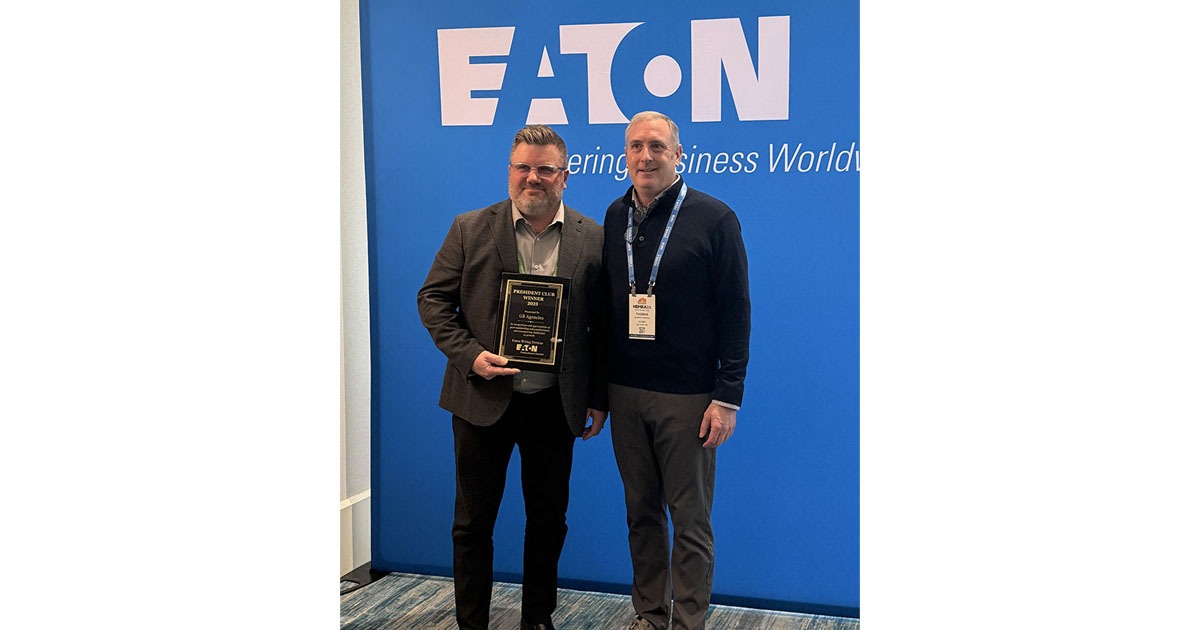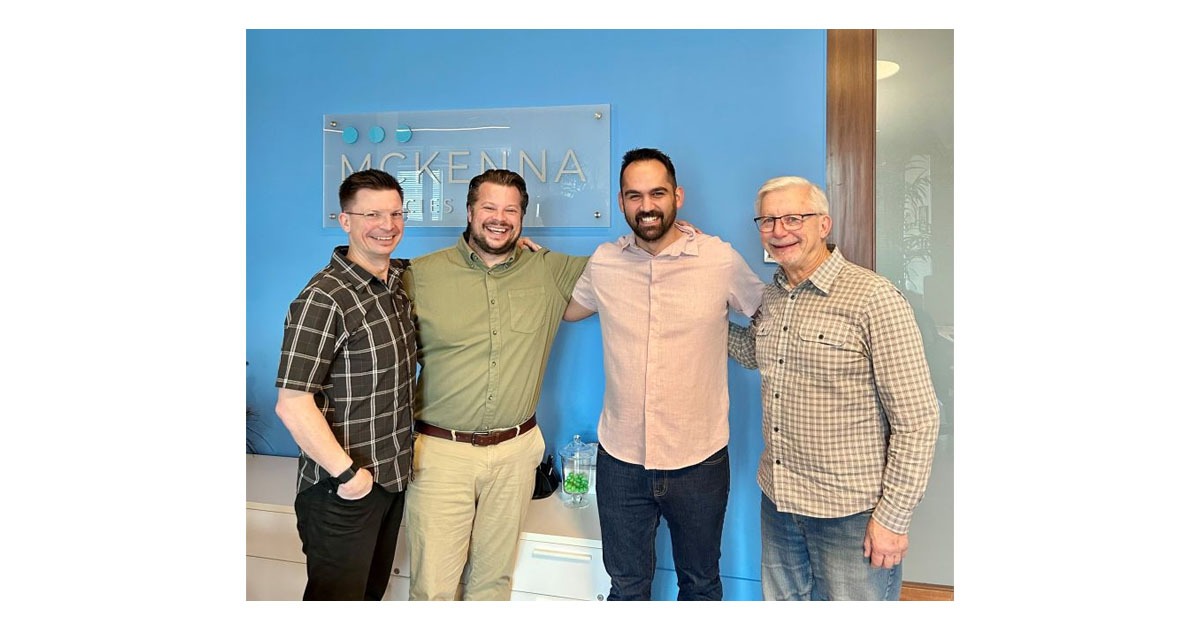Walmart Versus Amazon

In a recent edition of Economist Magazine (week of February 3), there was an article about Walmart taking on Amazon. What struck me most was the article’s comment about Amazon’s shipping costs being less than Walmart’s.
Unless you have been studying Walmart, you may not appreciate the huge implication this difference has.
Here’s some history: shipping costs have played a huge role in Walmart’s success. Walmart invented cross-docking back in the late ’70s. Its arch-rival at the time was K-Mart. K-Mart’s suppliers were responsible for shipping their sold goods directly to each of K-Mart’s stores. In effect, the K-Mart stores became distribution centres and the supplier was required to be in the shipping business.
By contrast, Walmart’s cross docking allowed suppliers to focus on manufacturing while Walmart designed their logistics to maximize savings. The result was a saving of 1% over K-Mart. This 1% savings in retail is a huge advantage; in the end, K-Mart ended up declaring bankruptcy.
Walmart’s cross-docking logistics also paved the way for Chinese importers who could sell into North America without building a large logistical infrastructure.
Since then, third-party logistics companies have developed to allow a somewhat logistically-neutral playing field. If the Economist article is true, this movement could have huge ramifications for the retail world that plays with such small margins.
The questions I then asked myself are:
1. What makes Amazon’s costs lower?
• no trucks, all third-party shipping
• no pre-purchase, all consignment
• money prepaid by credit card, then supplier paid
• only warehouses are needed, not showrooms
• no advertising, no sales staff, no greeters
2. What makes Amazon more expensive?
• comprehensive website, maintenance
• huge fulfilment centres
• all shipments go individually to the home or business (this cost is assumed by the purchaser when shopping at a Walmart store)
Now, the really interesting thing is that Walmart is trying to go toe-to-toe with Amazon on the Web, which means all of the expenses listed above will be added to Walmart’s existing costs.
I still recall when Walmart first began opening their big box stores in small towns across North America. The first thing that the little shops tried to do was match Walmart’s prices. The harder they tried to match the Walmart model, the faster they went out of business. The stores that didn’t go out of business were those that maintained status quo; they kept their service, kept what made them unique in the first place. They may have lost business to the novelty and the excitement of a new store, but their service and culture brought their customers back.
Perhaps Walmart has lost its own unique service and connection to its customers. To this end, I suggest the following:
1. Always keep your value to your customer front and centre.
2. Examine the best way to ship products to your end customers, and how you can take advantage of the change.
By: Rick McCarten, Vice President, Electrical Council, Electro-Federation Canada









